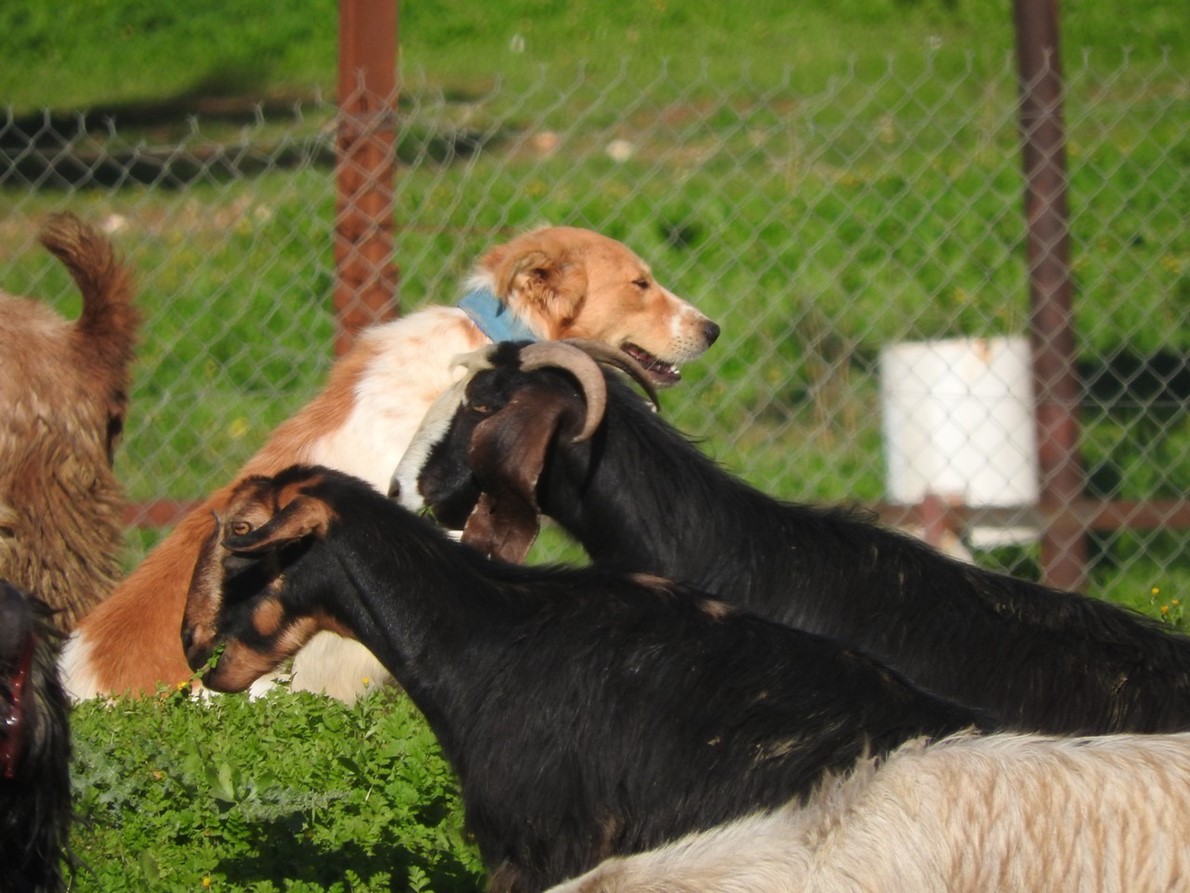AMMAN — Demand on
livestock is expected to rise during
the upcoming Eid Al-Adha, when people make religious sacrifices.
اضافة اعلان
Muslims sacrifice
sheep, goat, cows, and sometimes camels, as a ritual during the celebration,
also known as the Feast of Sacrifice, marking the end of the pilgrimage season.
After the sacrifice, the meat is distributed to those in need in specific
proportions.
This year, people
are expected to buy and sacrifice more livestock than in the past two years,
during which COVID-19 affected the purchasing power, Zaal Al-Kawalit, head of
Livestock Traders Association, told
Jordan News.
Another reason for
the increased demand is a decision by
Jordanian banks to defer the June
repayment of personal loans owed by individuals to financial institutions to
allow people more leeway for spending during the holiday, Kawalit said.
The
Ministry of Agriculture announced abundant stocks of imported and local livestock in the
Kingdom for the coming feast.
Currently, there
are 550,000 heads of sheep available in the market, including 240,000 local,
and 310,000 imported mostly from Romania and Spain, 27,000 cows, and nearly
1,000 camels, the ministry said.

As for prices, the
ministry said that the average price of an imported 40kg sheep would be around
JD150, while the local sheep with the same weight would cost between JD190 and
JD200.
The ministry
expected prices to rise by 10 percent in the days leading up to the feast,
which will be marked on July 10, and to drop as of the second day.
As Jordan produces
40 percent of its need of red meat, the ministry freed this year the limits on
the number of imported livestock and cancelled bank guarantees on importers,
according to Ali abu Noqtah, the ministry’s deputy secretary-general for
Livestock Affairs.
For Kawalit,
importing livestock does not affect local traders because fulfilling the local
market’s need helps breeders and traders export their produce to other
countries, such as
Saudi Arabia and Kuwait, without affecting the supply and
price for Jordanians.
Sulaiman Abu
Amsha, a livestock trader from Maan, voiced his optimism that this season is
going to be better than previous years.
Abu Amsha stressed
that the prices of livestock are mainly decided by the price of fodder, noting
that subsidized animal food largely support his business.
Abu Amsha said
that he buys the subsidized sack of barely for JD8.75 or JD11 from the free
market.
Jerash resident
Anas Ali said he is going to buy one sheep, regardless of the prevailing prices
because he must sacrifice this year.
But Ibrahim Okaili,
another Jerash resident, said he was “50 percent not sure” if he will be able
to buy one because he sees “prices high for either imported or local sheep”.
Read more Features
Jordan News



